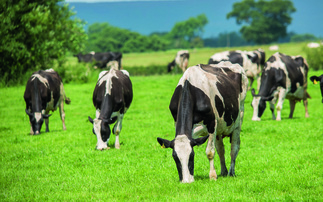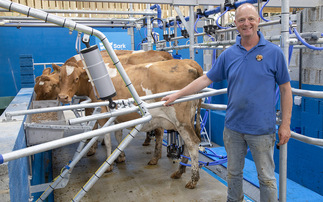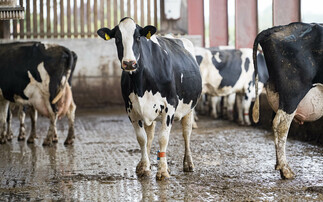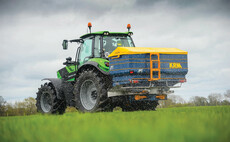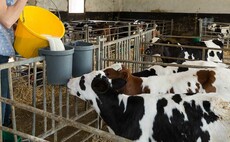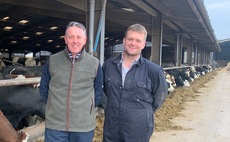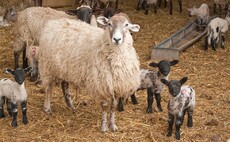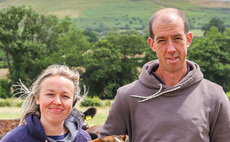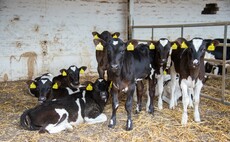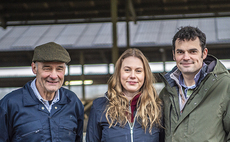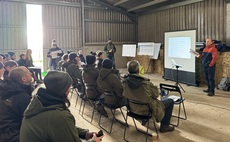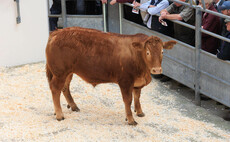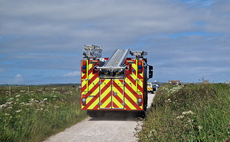
Good colostrum management is vital for preventing scours, the greatest single cause of death in young calves.
Colostrum gives calves the best protection in early life as it is packed with antibodies and contains cells and proteins which work with the gut to reduce harmful challenge.
Ensuring the dam produces the best quality colostrum is the first step to delivering that protection and vaccination is key to that, says Kate Ingram, ruminant technical adviser at Virbac UK. She recommends vaccination with Bovigen Scour, a single-shot broad spectrum vaccine which controls disease caused by rotavirus, coronavirus and e.coli, which are three of the major causes of infectious scour.
Ms Ingram says: It is important the vaccine is given at the right time, between 12 and three weeks before calving, as this allows time for the cows immune system to respond and for the immunoglobulins she produces to be transferred into her colostrum.
Vaccination stimulates the production of antibodies in the dam which is then passed through colostrum to the calf, which is born without immunity.
Once the calf is born, it needs 10-12% of its body weight in colostrum, ideally within the first two hours, but no later than six, to ensure maximum absorption.
It also needs to be of the right quality, with more than 50g/litre of immunoglobulins.
Ms Ingram says: The quality can be checked quite easily with a refractometer. These are inexpensive and simple to use the farm vet can give advice on its use.
Have protocols in place to ensure no calf misses out on that vital first feed of colostrum.
Ms Ingram says: If the calf is born at night, do not rely on it having suckled when it is seen in the morning.
Feed colostrum through a teat, bottle or stomach tube to make absolutely sure
it has had the right amount.
Cleanliness
Cleanliness around feeding is essential.
The advice is to milk cows according to the hygiene protocols normally associated with the milking routine and ensure feeding equipment is scrupulously clean. Ms Ingram says: If there is a high bacteria count in the milk, fewer immunoglobulins will be absorbed by the calf.
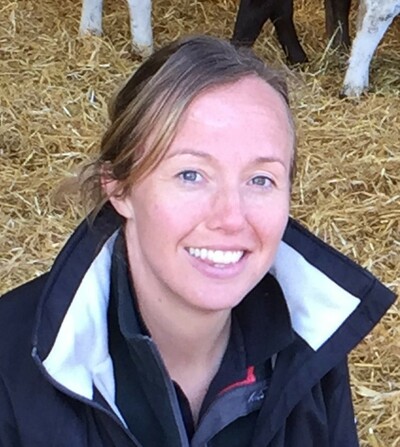
A word from the sponsor
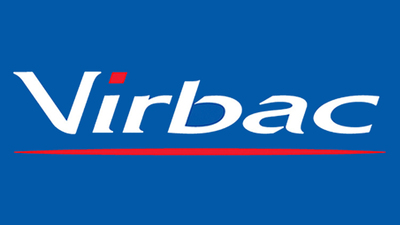
Bovigen Scour is a single-dose vaccine which should be given to cows between 12 and three weeks before they calve. It stimulates the production of antibodies to three of the most common infectious causes of calf scour: rotavirus; coronavirus; and E.coli F5 [K99].
These antibodies are passed into the colostrum of the cow and then passively absorbed by the calf when it drinks the colostrum in the first hours after birth.
Kate Ingram, veterinary adviser for Virbac UK, says: Studies have shown that feeding calves colostrum from vaccinated cows helps control, and reduces the impact of, calf scour caused by rotavirus, coronavirus and E.coli F5 (K99).
Compared to those calves fed colostrum from non-vaccinated cows, calves fed colostrum from vaccinated cows had reducing severity of disease; reduced duration of diarrhoea; reduced shedding of pathogens; and reduced duration of shedding.
Vaccination helps maximise the immunity of the calf to these infectious pathogens while also reducing the shedding of these pathogens into the environment, therefore helping to reduce the challenge to other calves in the group. Effectiveness is reliant on calves absorbing adequate antibodies from the colostrum, so ensuring good colostrum management to ensure successful passive transfer is paramount.








